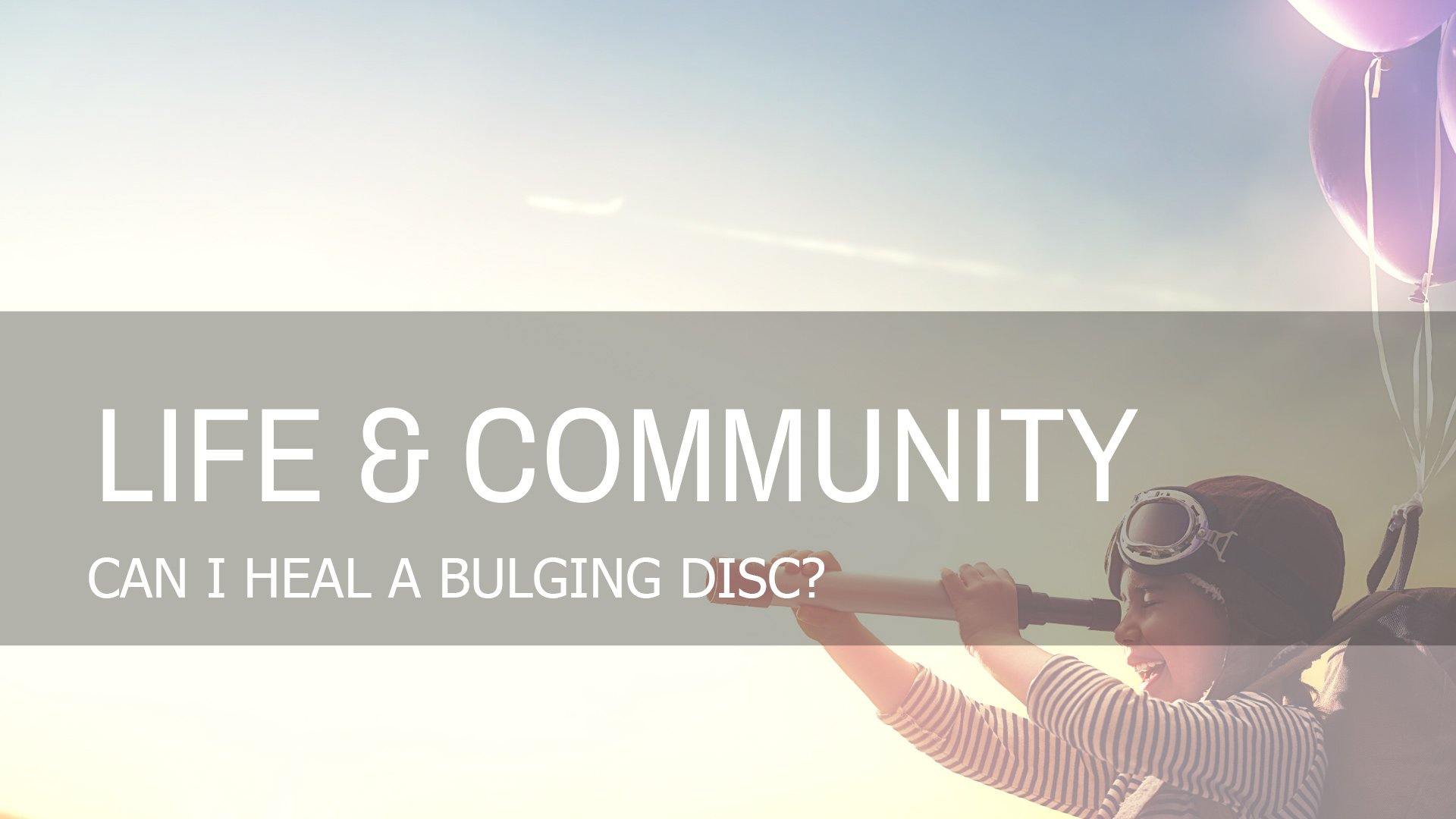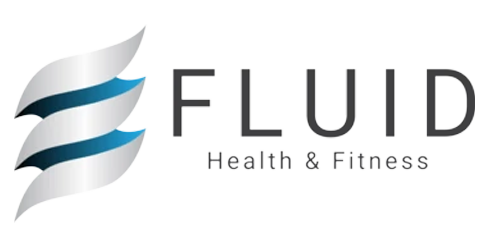
Mar 23 , 2021
Can I Heal a Bulging Disc?
What is a Bulging Disc?
Discs are the protective shock absorbent rings located in between the vertebrae of the spine. Due to aging and normal wear and tear, things like stretching, bending, twisting, poor posture, and inactivity can put stress on the vertebrae and the discs. This can cause a disc to become misaligned with the spine and protrude leading to a bulging disc.
How Does This Happen?
Bulging discs are a common issue because as we age, we are prone to have more wear and tear on the body, especially in the shoulder, hip and spine areas. This can cause movement distortions and a misalignment of the spine, and as result, a disc may protrude out of place. Fortunately, this condition is highly treatable with surgery usually being the last resort!
Signs of A Bulging Disc
- Pain and tingling in the extremities, neck, shoulders, lower back, and/or butt area
- Walking difficulties
- Spasms near and around the affected area
How Do You Fix a Bulging Disc?
Most cases of bulging discs resolve on their own within three months. It is important to stabilize and open up the rib cage area. We would suggest the following treatments:
- Resting and relaxing for a few days helps to take the stress and pressure off the affected area.
- Physical Therapy
- Exercise Regimens with stretching can help to strengthen and stabilize the core, spine, and hips to correct the alignment and reduce the pain of a bulging disc.
- Chiropractic treatment and massage for direct physical manipulation and alignment.
- NSAID medications (ibuprofen, naproxen) can reduce the pain and inflammation while speeding up the healing process
- Steroids/narcotics/epidural injection for short-term pain.
Surgery is used mostly when other options have been exhausted, the bulging disc is severe or there are multiple bulging discs compounding the pain and leading to other complications.
References
https://orthoinfo.aaos.org/en/diseases--conditions/herniated-disk-in-the-lower-back/
https://www.spine-health.com/conditions/herniated-disc/treatment-options-a-herniated-disc



